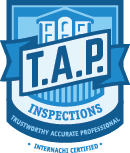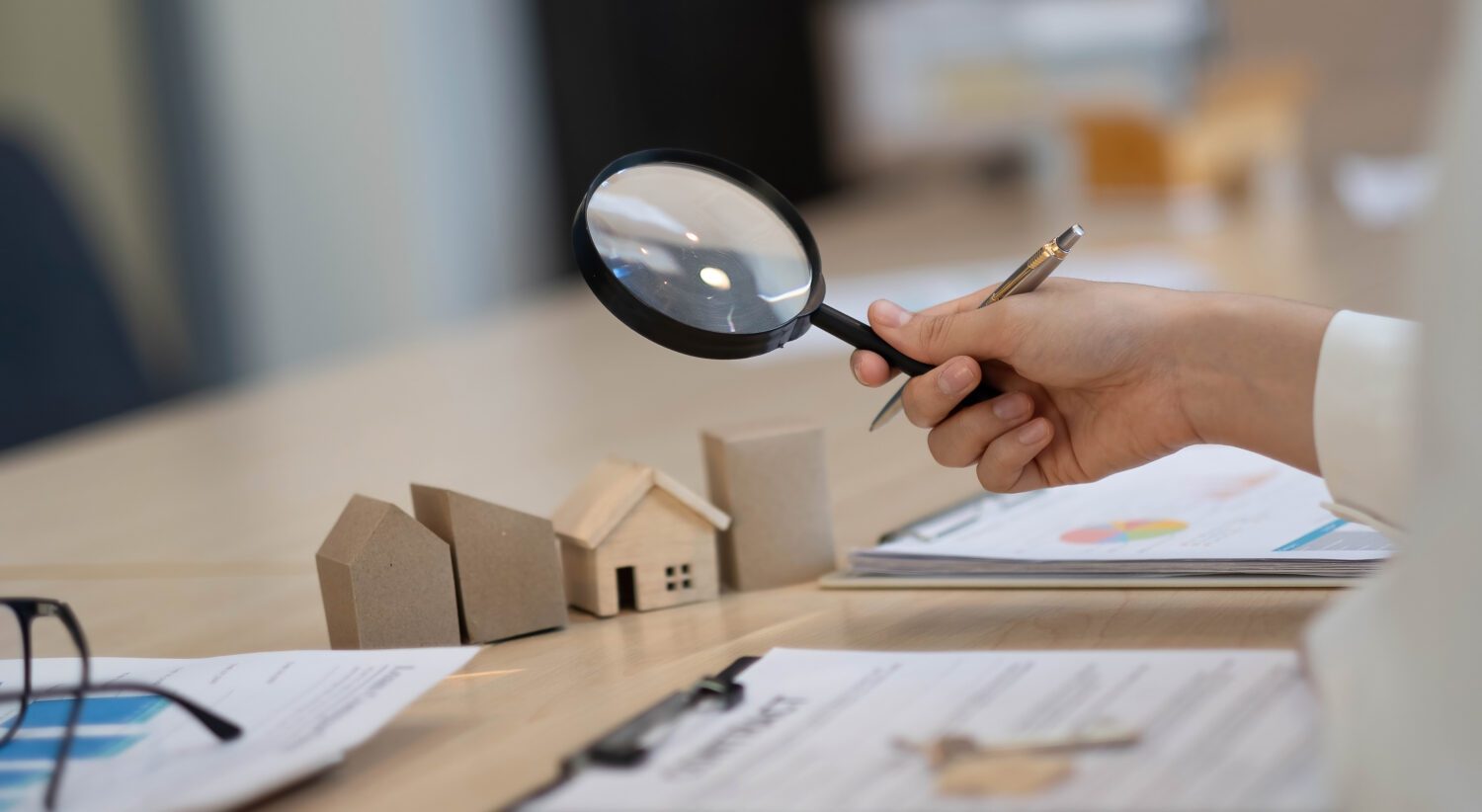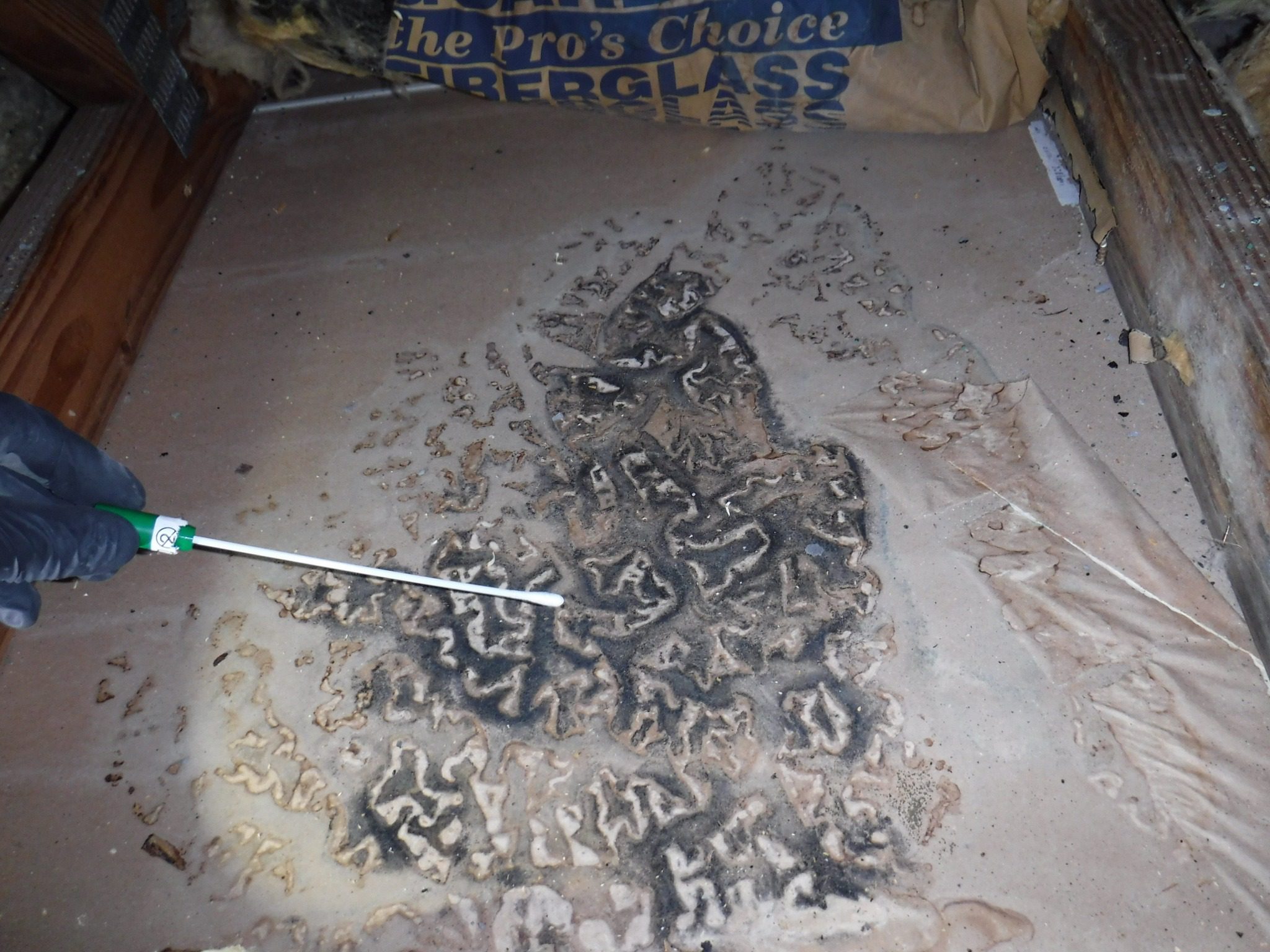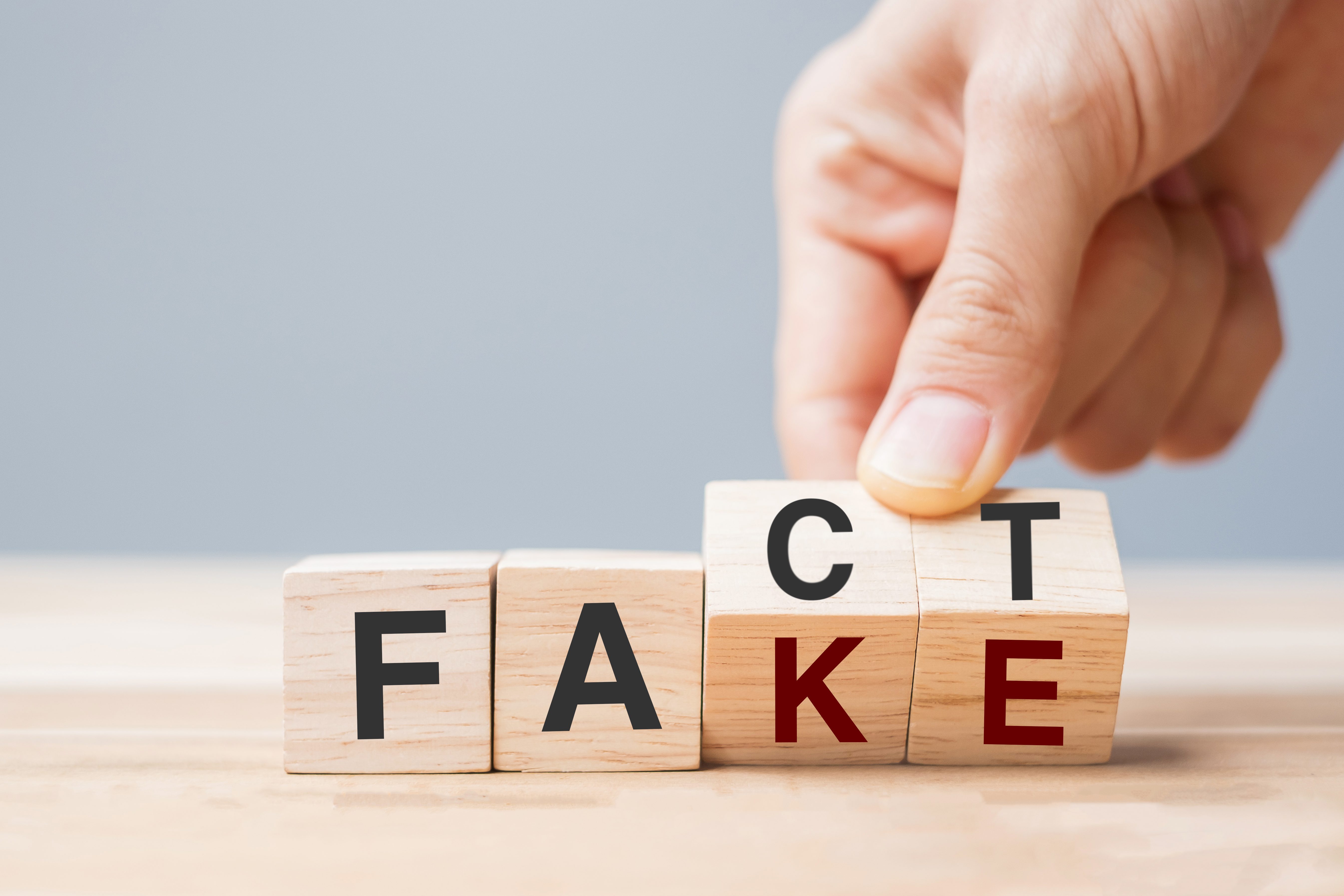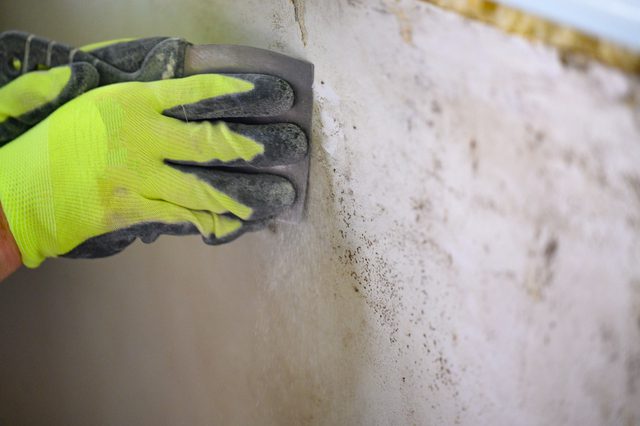The Importance of Home Inspections
Are you considering buying a home? If so, one of the most important steps in the home-buying process is a home inspection.
A home inspection is an assessment of the condition of a house, usually performed by a professional inspector. This inspection can help identify any major issues with the property that may not be immediately apparent to the untrained eye.
A home inspection report can provide valuable information on areas such as electrical systems, plumbing, roofing, and more. It serves as an unbiased evaluation that can help you make an informed decision before making one of the biggest investments of your life.
A Personal Anecdote
I remember when I was buying my first house and had it inspected. The inspector found several issues that I would never have noticed on my own. One big issue was with the electrical wiring in the basement – it was outdated and needed to be completely redone for safety reasons.
Without this knowledge from my inspector, I could have purchased a dangerous property that could have put my family at risk. In another instance during an inspection on a property I sold, it was discovered that there were previously undetected mold problems in the attic.
This issue had been caused by poor ventilation which would have gone unnoticed if not for this detailed examination. These experiences showed me firsthand how important it is to get a professional opinion before purchasing or selling a home to avoid costly and potentially dangerous problems down the road.
Whether you’re buying or selling real estate, getting your property inspected should be an essential part of your plan. A comprehensive check-up can save you from significant financial headaches and keep you safe in your future living environment.
What to Expect During a Home Inspection
Overview of the Process and Timeline
Getting a home inspection is a simple, but important process that can save you from potential disasters down the road. Generally, inspections take between 2-4 hours and occur after an offer has been made on the home but before final closing.
The inspector will thoroughly examine the major systems in your home, including electrical, plumbing, HVAC, roofing, foundation, and more. They’ll give you a detailed report outlining their findings so that you can decide whether or not to proceed with the sale.
Explanation of What Areas and Systems Will be Inspected
During a home inspection, no stone is left unturned. Your inspector will examine every inch of your house – from its exterior walls to its interior appliances.
However, some areas are given higher priority for scrutiny than others. For example, your inspector will likely spend extra time examining your electrical circuits for safety hazards as well as checking for mold growth in damp areas like the bathroom or basement.
Tips for Preparing Your Home for an Inspection
To ensure that your home passes inspection with flying colors, there are specific things you can do to prepare beforehand. First off, make sure all areas of your home are easily accessible by clearing clutter and debris out of crawlspaces or attics. You’ll also want to provide documentation on any recent repairs or maintenance work done on major systems like plumbing or roofing.
don’t forget to inform the inspector about any potential issues upfront so that they’re not caught off-guard during the inspection process. Overall taking steps towards preparing yourself ahead of time is key to avoiding any unnecessary surprises on inspection day!
Common Issues Found During Home Inspections
The Dangers of Mold and Water Damage
One of the most common issues found during home inspections is mold and water damage. These problems are often caused by leaky pipes, poorly maintained roofing or siding, or inadequate ventilation within the home. If left unaddressed, mold and water damage can lead to serious health concerns for you and your family.
Not only can exposure to mold cause respiratory problems like asthma, but it can also lead to headaches, fatigue, and other symptoms that can impact your overall well-being. Additionally, water damage can weaken the structural integrity of a home over time if not repaired promptly.
The Importance of Addressing Foundation Issues
Issues with a home’s foundation are another common problem found during inspections. A damaged foundation can lead to a wide range of issues including cracks in walls or ceilings, uneven floors and door frames, and even basement flooding. When left unaddressed, these issues can significantly impact the safety of a home’s occupants as well as its overall value on the market.
If you’re considering purchasing a home that has foundation issues or if you suspect there may be an issue with your current residence, it’s important to address these problems as soon as possible. Contacting a qualified contractor who specializes in foundation repair is critical for identifying the scope of repairs needed and getting them done right.
Other Common Issues
In addition to mold/water damage and foundation issues, there are several other common problems found during home inspections such as faulty electrical systems or outdated plumbing fixtures. While these may seem like minor concerns at first glance, they have the potential to escalate into much larger (and more expensive) repairs down the road.
For example: outdated electrical wiring could pose a fire risk if not updated in older homes; while leaky pipes could result in significant water damage over time if left unaddressed. By identifying any potential issues upfront through a thorough home inspection, you can save yourself a lot of time, money, and hassle in the long run.
How to Choose a Home Inspector
So, you’ve decided to get a home inspection. Great! But now the question is, how do you choose the right inspector for the job?
After all, this is a major investment and you want to make sure it’s done right. Here are some tips for selecting a reputable inspector:
Tips for Selecting a Reputable Inspector
First and foremost, make sure the inspector is licensed and certified in your state. You can usually find this information on their website or by asking them directly.
It’s also important to read reviews from previous clients to get an idea of their professionalism and attention to detail. Another important factor to consider is experience.
How long have they been conducting inspections? Do they specialize in any particular type of property?
The more experience an inspector has, the more likely they are to catch potential problems and offer valuable insights. Last but not least, look for an inspector who offers a comprehensive report that includes photos and detailed explanations of any issues found during the inspection.
Discussion of What Questions to Ask During the Selection Process
When choosing an inspector, it’s important to ask questions that will help you determine if they’re the right fit for your needs. Here are some questions you may want to consider:
- What specifically will be covered in the inspection?
- Do you have insurance?
- How long does an inspection typically take?
- What kind of report can I expect?
- Do I need to be present during the inspection?
The answers to these questions will help give you peace of mind that your potential home inspector is someone who is knowledgeable, experienced, and a good fit for your needs. Don’t be afraid to ask for references or to speak with previous clients before making a final decision.
The Cost of Home Inspections
When it comes to the cost of a home inspection, it varies depending on several factors such as location, size of the home and the inspector’s experience. A typical home inspection can cost anywhere from $300 to $500.
However, this price can increase if you opt for additional services such as radon testing or a sewer scope examination. In addition to the upfront cost, keep in mind that a good home inspection can save you money in the long run.
It can help identify potential problems before they become major issues and prevent costly repairs down the road. Therefore, investing in a thorough home inspection is worth considering.
Is it Worth Paying Extra for Additional Services?
Nowadays, many inspectors offer additional services such as radon testing or sewer scope examinations during their inspections. However, these services come at an extra cost, which may cause many homeowners to wonder if they’re worth paying for.
Radon testing is often recommended for homes built in areas with high levels of radon gas present in the soil. This gas is odorless and invisible but poses significant health risks if not detected early on.
Therefore, it’s worth considering getting this service done during your home inspection. Sewer scope examinations are essential as well since they help identify any potential issues with your sewer line that could lead to slow drainage or even sewage backups into your house.
This service may be more necessary for older homes that haven’t had their sewer lines inspected or replaced over time. While these additional services come at an extra cost, they’re worth considering since they provide valuable information about potential problems that could affect your future living conditions and even your health!
Conclusion
Getting a home inspection can seem like a hassle, but it’s an incredibly important step in the home buying process. As we’ve discussed, inspections can uncover issues that would otherwise go unnoticed, potentially saving you thousands of dollars in repairing or replacing faulty systems and damaged areas. Not only that, but having an inspection report for your potential new home can help you negotiate a better price or ask the seller to make repairs before closing.
The Importance and Benefits of Getting a Home Inspection
Simply put, getting a home inspection is one of the smartest investments you can make when it comes to buying or selling property. Inspections provide invaluable insight into the condition of your current or future dwelling, helping you avoid unpleasant surprises and giving you peace of mind that your investment is sound. They also offer valuable documentation for legal purposes; if an inspector found something amiss that wasn’t disclosed by the seller or their real estate agent during the sale process, you’ll have proof that they were aware of the issue.
Final Thoughts and Advice on Choosing an Inspector
If you’re in need of a home inspector, do your due diligence before choosing one. Look for someone who’s licensed and certified by organizations such as the International Association of Certified Home Inspectors (InterNACHI) or American Society of Home Inspectors (ASHI).
Check out reviews online and ask for referrals from friends or family members who have recently had inspections done. Once you’ve chosen an inspector, make sure to be present during the inspection so they can point out any issues in person and answer any questions you may have.
While getting a home inspection may seem like just another item on your already long to-do list when purchasing property, it’s actually one of the most important steps you can take as a responsible homeowner or buyer. By knowing what issues may lie beneath the surface of your dream home, you’re investing in its future and ensuring your safety and security for years to come.
